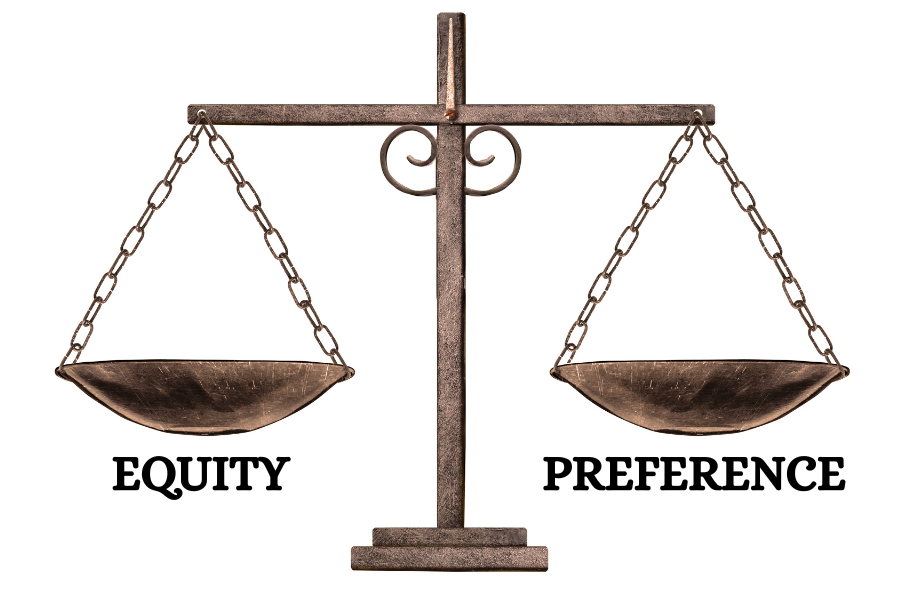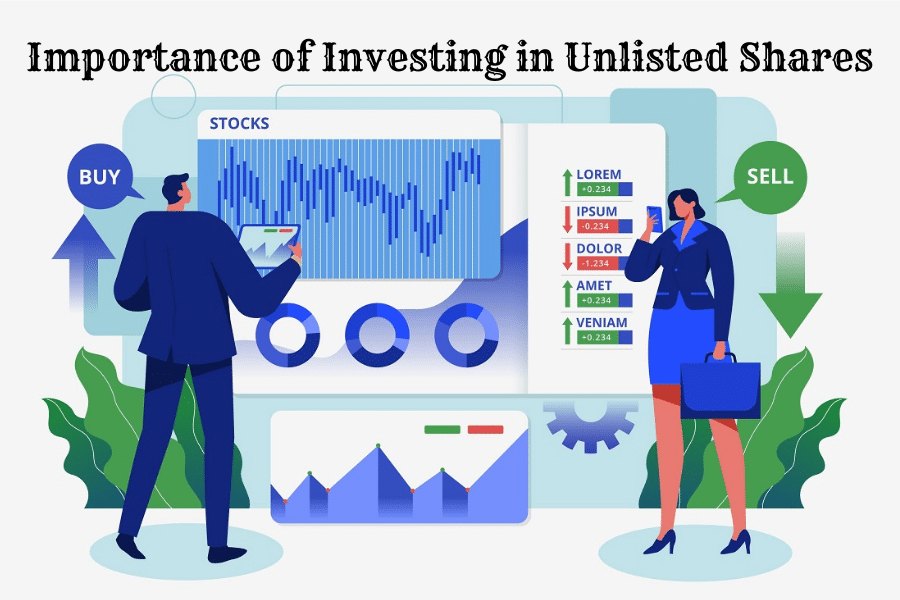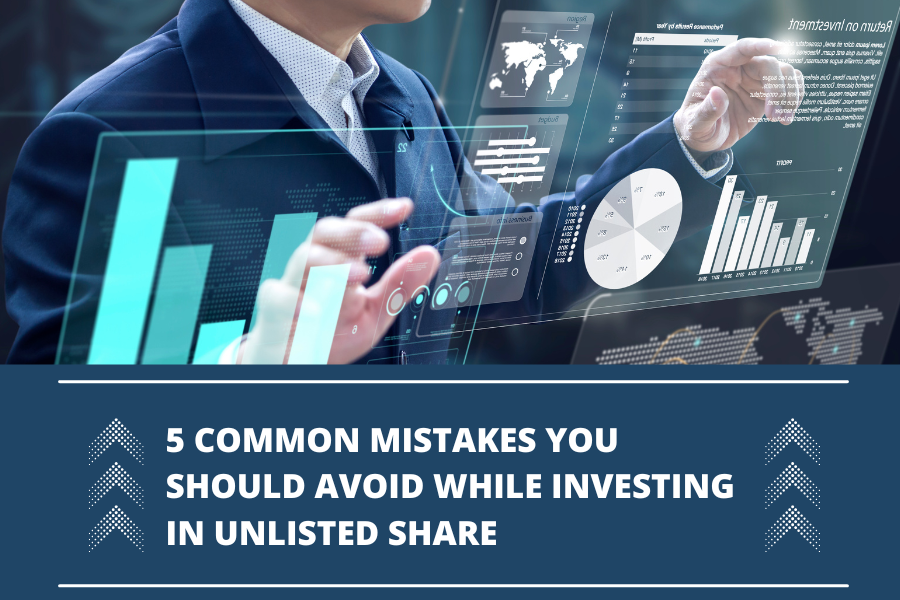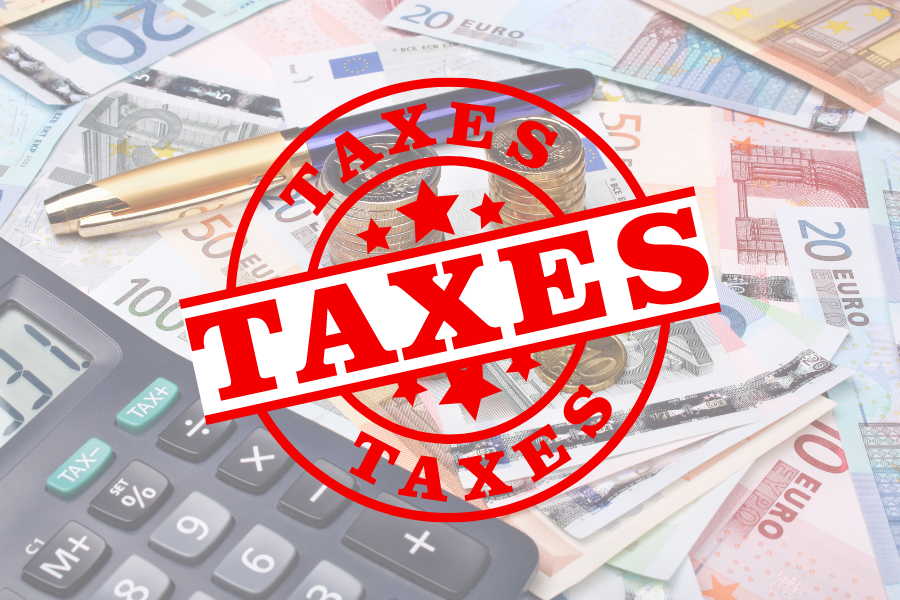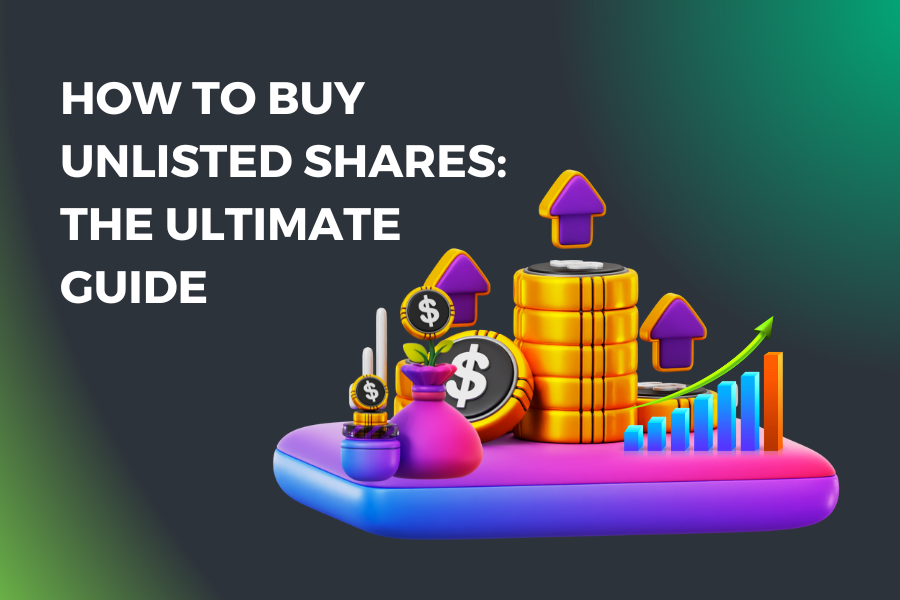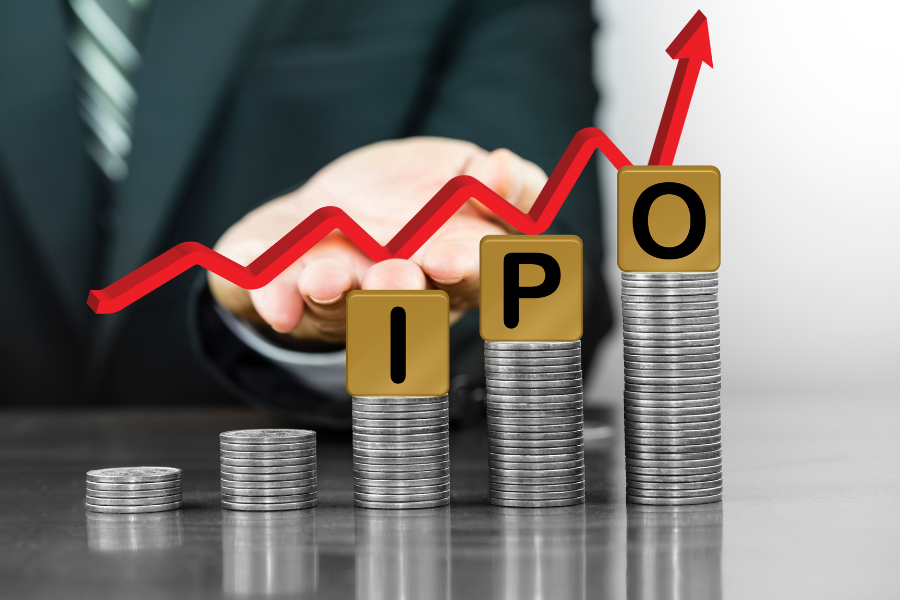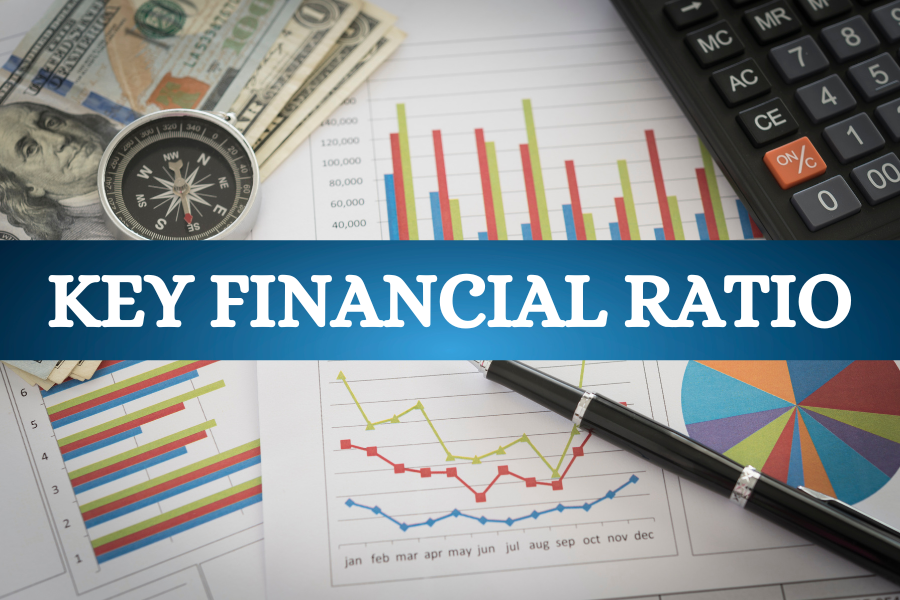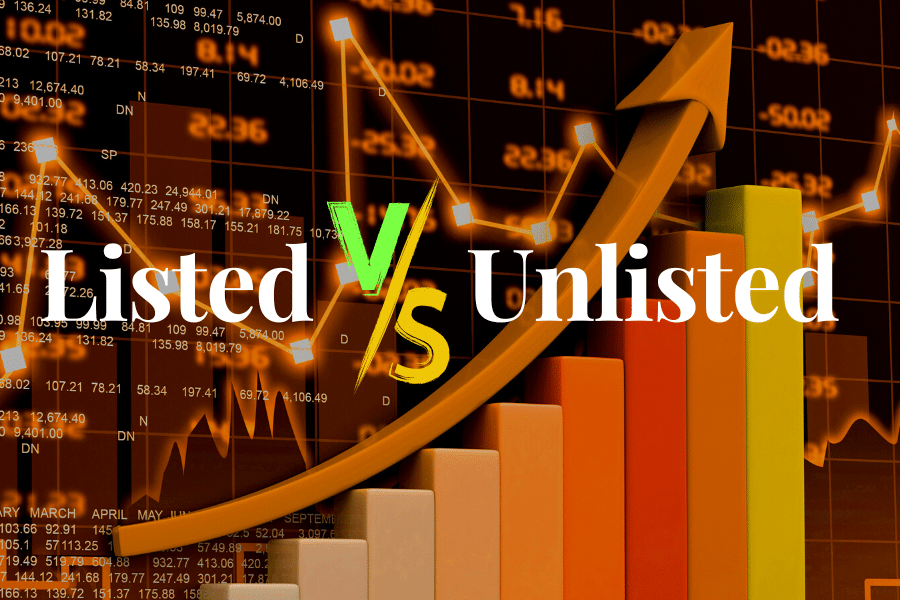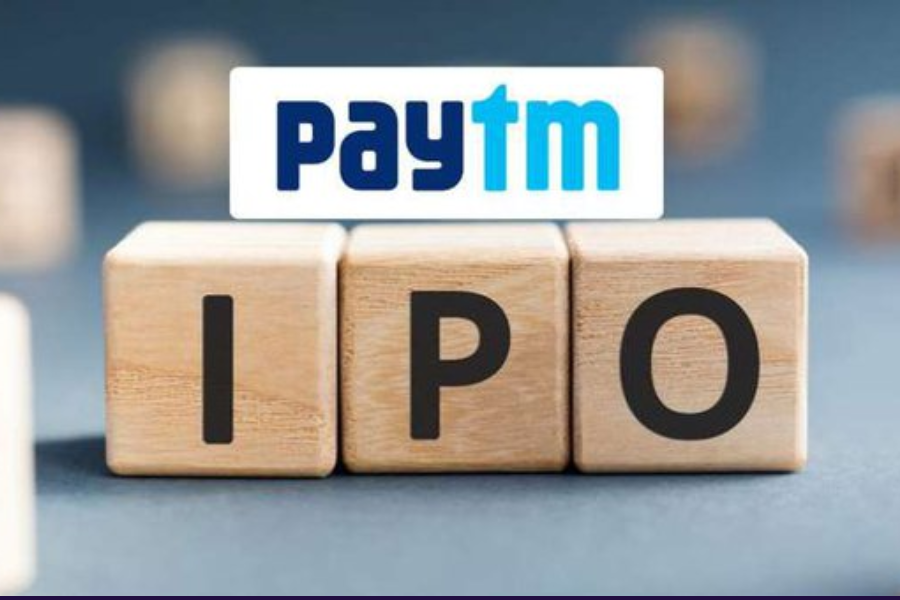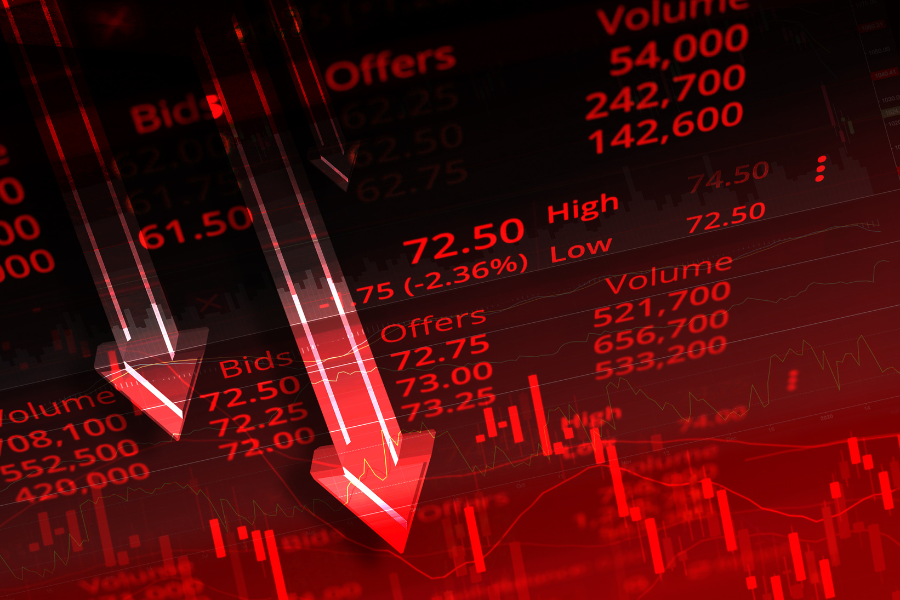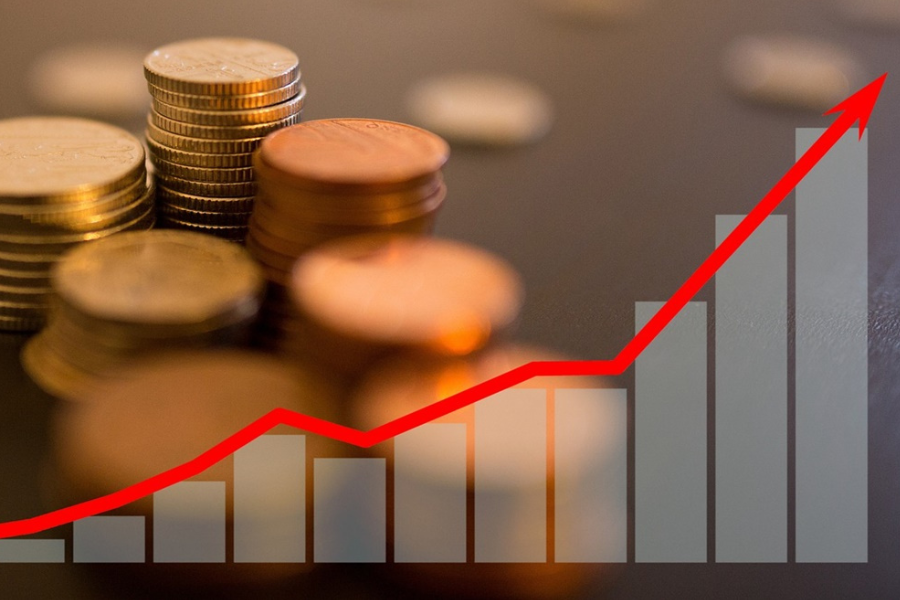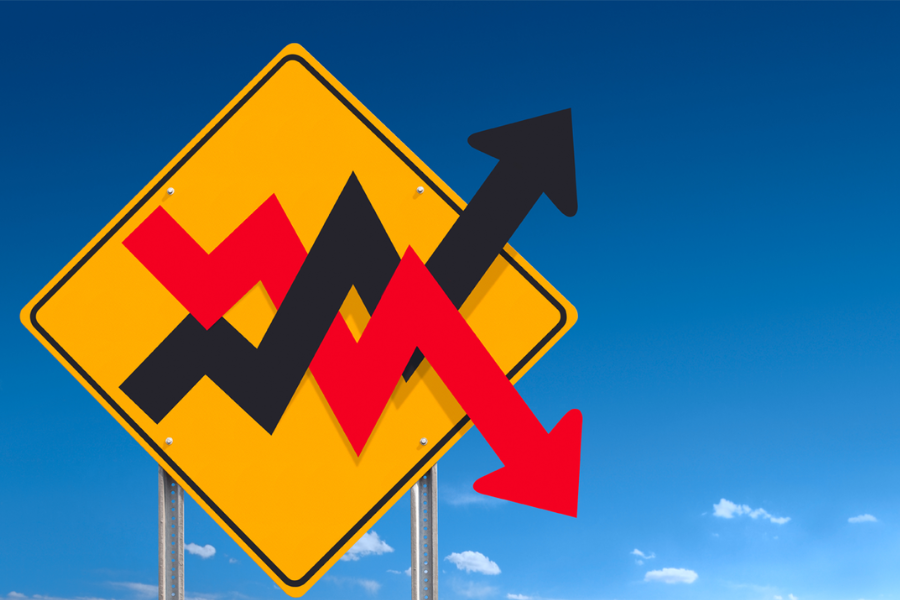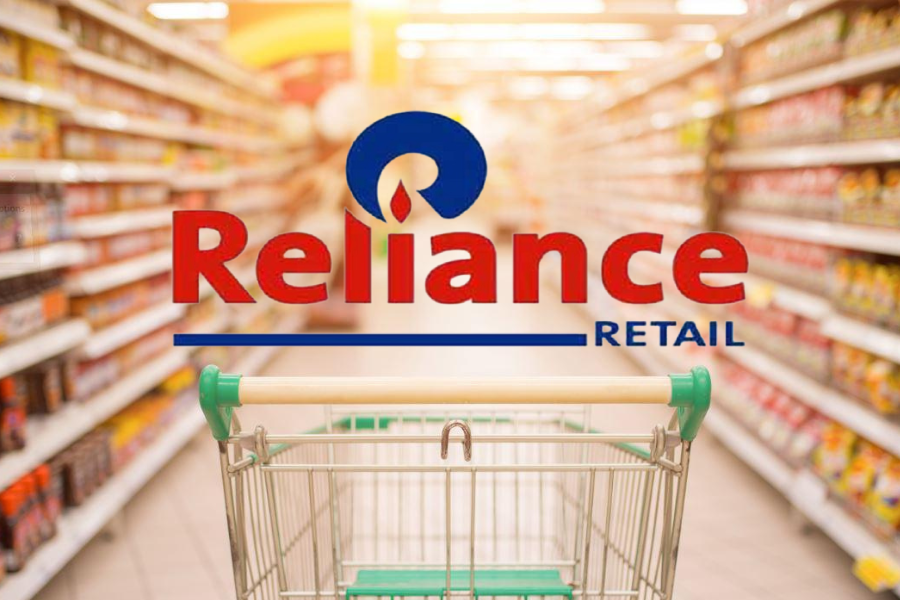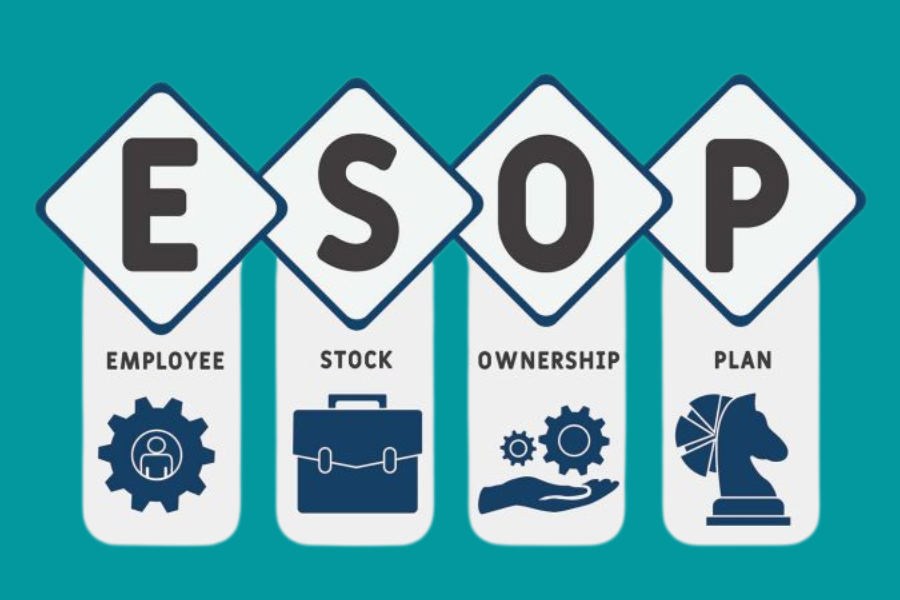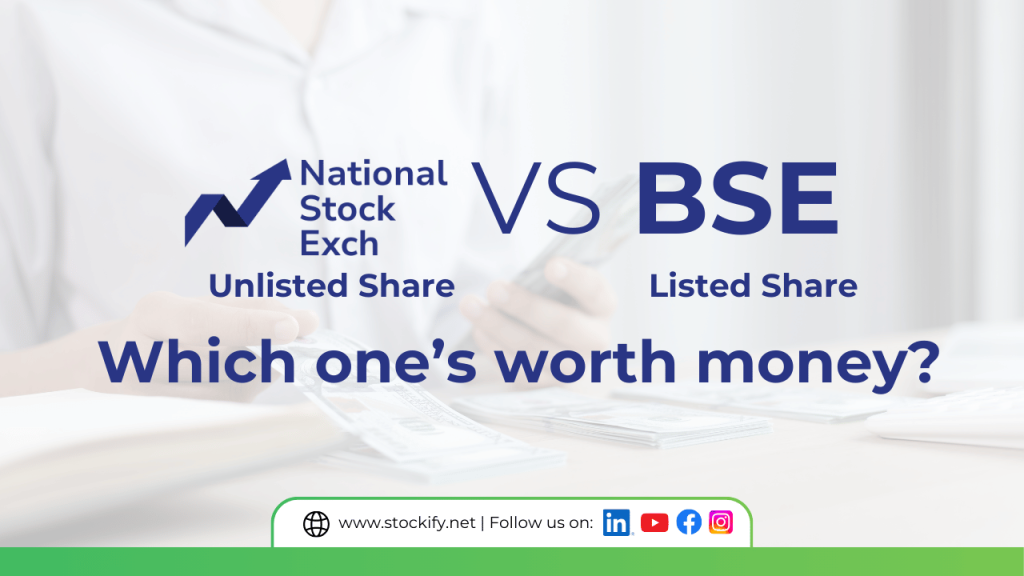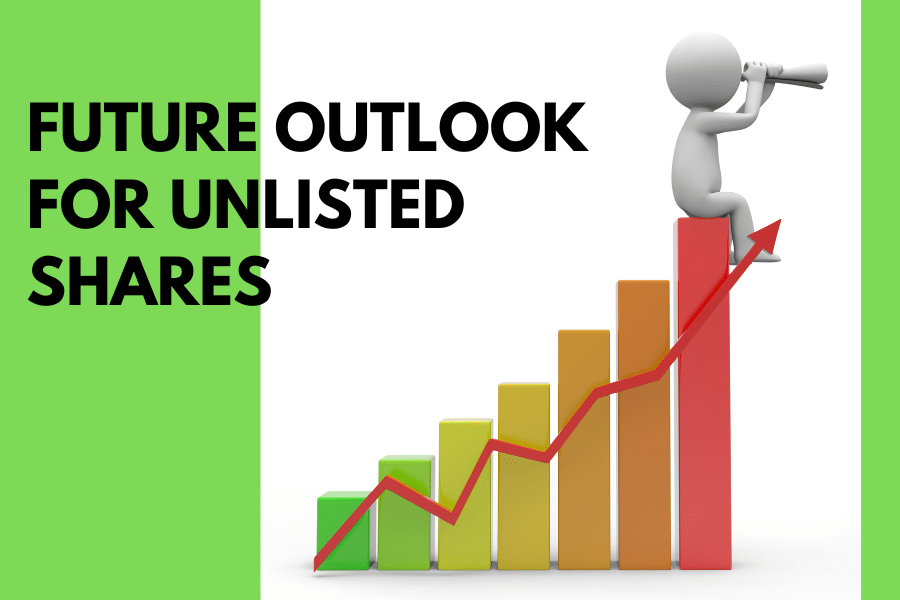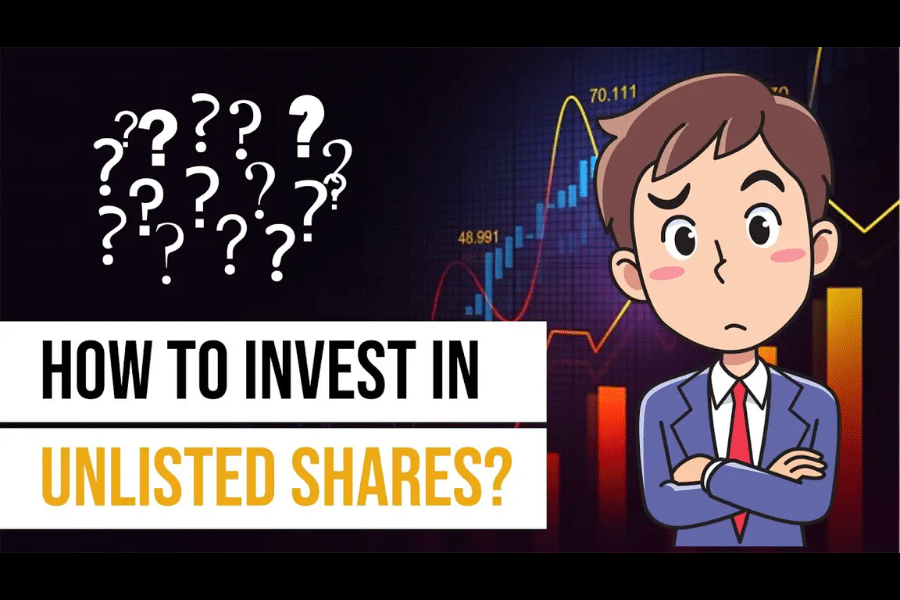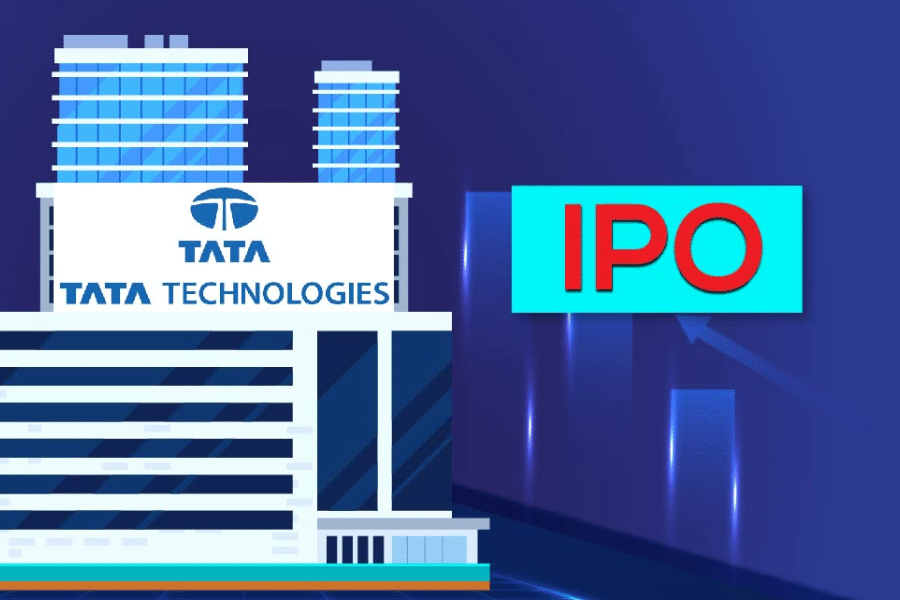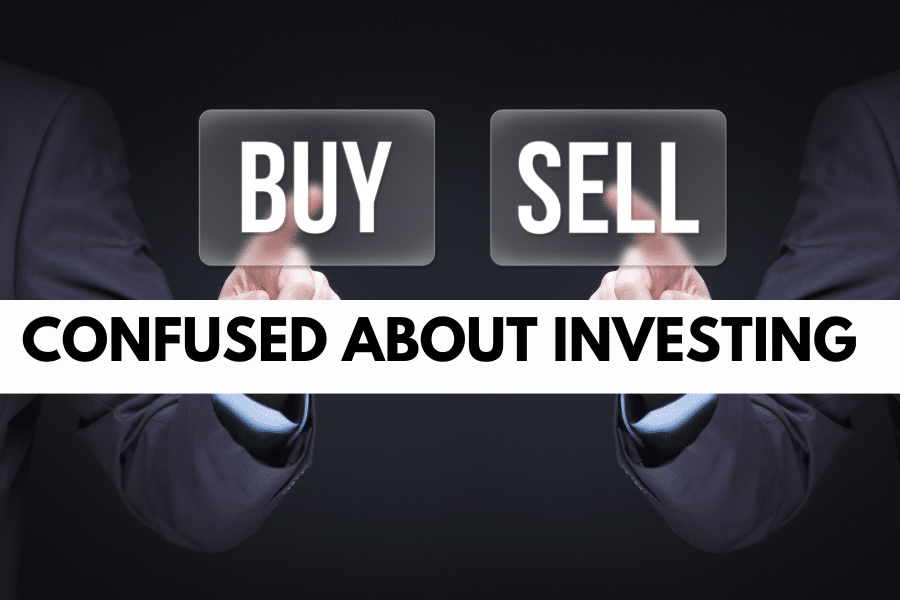Table of Contents
Buy/Sell Your Unlisted Shares
Submit the details below to share a quote.
Grey Market (or Gray Market) has always existed in parallel with listed markets for decades, with traders, investors and brokers operating a fine line between legality and free trade system.
Let's understand what is Gray Market is and how it functions.
A Grey Market is an unregulated market for financial securities. Unlike NSE and BSE, which are regulated stock exchanges for security trading, the grey market or pre-IPO market is not heavily regulated by SEBI for trading and transaction purposes. Kostak and Grey Market Premium are often associated with the Grey Market.
In the Grey Market, the securities traded are either suspended from trading in the regulated market, or there are new securities, which are growing companies yet to be listed on any stock exchange. Hence, they are also called unlisted pre-ipo shares.
Let's understand how the grey market works with the help of an example.
Suppose a company Z is expanding its operations and financials. Z decides to go public and list itself on the stock exchange. But before listing, there is a period where investors can buy and sell the unlisted shares in the grey market.
This is the time when investors purchase and sell unlisted shares through unofficial channels or over-the-counter (OTC) platforms, where they trade shares (usually in lots). The price at which they trade in the unlisted market is called the Grey Market Price.
Grey Market Premium is the price at which shares are traded in the grey market before IPO listing. GMP is often used to indicate the demand for a stock before its IPO listing. A positive GMP indicates a strong demand, while a negative GMP is a signal of weak investor demand.
Let's understand this by an example: If issue prices 500 and GMP is 500, that means investors are ready to pay Rs 1000 per share before the IPO gets listed.
Grey Market comes with its own risks and returns. Investors must carefully consider these factors before trading in .
Grey Market stocks are not traded on public exchanges, which means that they are not easily accessible for buying and selling. This lack of liquidity can make it quite difficult for investors to enter or exit from unlisted investments.
Investors may find themselves stuck with the investment for an unpredictable period, potentially locking up capital without any returns.
Private companies are not subjected to the same disclosure and reporting requirements as public companies. This makes it challenging to make informed investment decisions, contributing to investment risks in pre ipo shares investment.
Assessing the fair value in grey market is difficult due to the absence of publicly available financial data, potentially resulting in overvaluation or undervaluation. Investors may have limited access to detailed financial statements and other critical information, making thorough due diligence harder.
Not all companies planning an IPO go through with it. Various factors, such as market conditions, regulatory hurdles, or changes in the company’s financial health, can lead to the cancellation of an IPO.IPO cancellation:
Startups and private companies are often more susceptible to business model uncertainties and have more volatility than public companies.Business risk:
Investors should carefully consider these risks in pre ipo shares before investing.
One of the main attractions of pre-IPO stocks is the potential for substantial gains. If the company succeeds after going public, early investors can reap considerable profits. Companies in the pre-IPO stage are often in their growth phase, presenting opportunities for significant value appreciation as they expand.
Investing before a company goes public allows investors to purchase shares at a lower price, which can result in higher returns once the company is listed on a stock exchange. Pre-IPO investments offer a unique chance to get involved with promising companies before they become publicly traded. These companies might have strong growth potential, innovative technologies, or disruptive business models.
Including pre-IPO stocks in an investment portfolio can enhance diversification, as these stocks often do not move in tandem with the broader market. Diversification can help to mitigate risk and potentially improve returns. Pre-IPO investments can diversify your portfolio since their performance may not directly correlate with publicly traded securities.
Shares are often priced lower in the grey market compared to the IPO. This allows early investors to buy at a reduced cost, which could lead to higher returns if the company performs well after going public.
By recognising these potential benefits, investors can make more informed decisions about the risks and rewards associated with pre-IPO stock investments.
1.Is grey market legal?
Grey Market is not illegal, for the pre-IPO stocks, it's unregulated. So these shares are traded informally before being officially traded on the stock exchange.
2. What are the gray market stocks?
Grey Market Stocks are the pre-ipo shares traded in the unlisted gray market. These are shares traded in an unregulated market by traders.
3. How to buy in the grey market?
Stockify is one of the best platforms to buy/sell grey market unlisted shares in India. We have simplified the buying and selling of Unlisted (Pre-IPO) shares in India. You can buy or sell Unlisted (Pre-IPO) stocks in a few simple steps.
our portfolio online.
4. Can we sell shares in grey market?
Stockify is one of the best platforms to buy/sell unlisted shares in India. We have simplified the buying and selling of Unlisted (Pre-IPO) shares in India. You can buy or sell Unlisted (Pre-IPO) stocks in a few simple steps.
our portfolio online.
What is the concept of grey market?
How Does Grey Market Work?
Types of Trading In Grey Market
Risks And Returns Of Grey Market
Risks
Returns
What is the difference between gray market and black market?
FAQs
What Is Grey Market Premium(GMP)?
Here is a step-by-step breakdown of how the grey market works:
- - This is the phase before the company's shares are listed on a stock exchange. This is the phase where the grey market trading is highly active.Pre-IPO Phase
- - The interested buyers approach grey market dealers or online over the counter platforms to acquire shares before their listing.Unofficial Trading
- - Pricing in the grey market is decided by demand and supply, perceived value and investor sentiment. The dealer matches the buyer and the seller based on agreed premiums.Pricing in Grey Market
- - The settlement involves an exchange of funds and shares directly between buyer and seller.Settlement Process
- - Since this is not regulated, there is a high amount of risk involved. Hence, these transactions are done buyer, seller and .Risk and Speculation
- Investors buy and sell allotted company shares before the IPO comes out.Trading IPO Shares:
- Investors trade IPO applications based on demand, at a certain premium or discount.Trading IPO Applications:
h-a-lack-of-liquidity A)Lack of Liquidity
h-b-insufficient-transparency B)Insufficient transparency
h-c-challenges-in-valuation C)Challenges In Valuation
h-d-risk-of-not-going-public D)Risk of not going public
h-a-high-potential-return A)High potential return
h-b-early-investment-opportunity B)Early investment opportunity
h-c-portfolio-diversification C)Portfolio diversification
h-d-lower-entry-prices D)Lower Entry Prices
- Choose a company.
- KYC verification & payment.
- Transfer of shares is done.
- Choose a company.
- KYC verification & payment.
- Transfer of shares is done.




